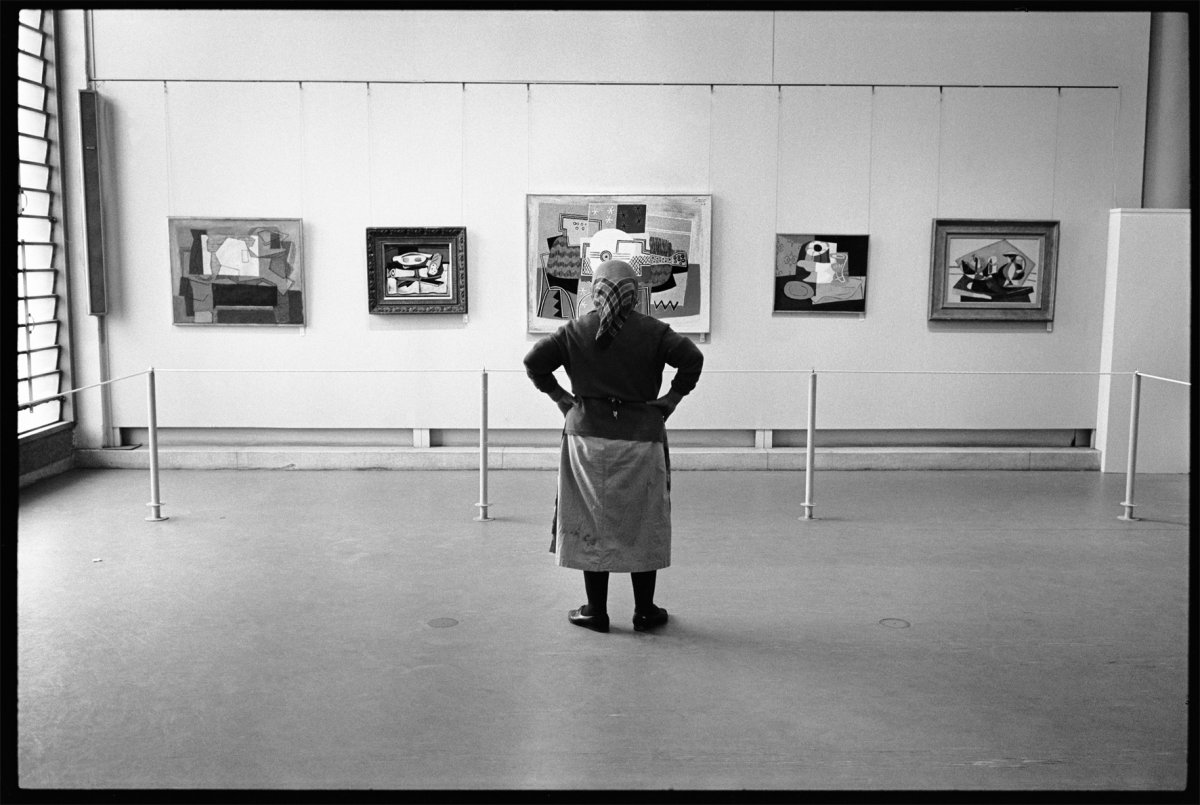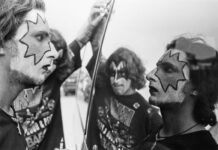“It seems that the critics that prophesy the decline of civilization, they often presuppose that civilization is something fragile, preserved only thanks to the dedication of intellectuals like themselves and the prospect of getting trampled by the degenerated masses always looms large.
But the basic components of civilization survived, and still do, just because they meet human needs that are above the differences between classes, races, nationalities and eras in history.
Civilization is not a gift from God, but a natural byproduct of the human evolution.”
That is the way John Carey ends his introduction to his book Faber Book of Reportage.
~~
We can comprehend much better what he writes, if we think specifically of the way that music evolves instead of the civilization as a whole.
Of all the arts, this is probably the easiest to grasp, the most universal and the most…popular. According to neurologist Oliver Sacks, it is also the one with the biggest impact on the human brain (see “Music is life”)
It is more than likely the first form of art that man created. The Aborigines, whose civilization is considered as the oldest one, sang about their history, their dreams, their gods. This is the illustration of the primitive relationship between music and society.
In the basin of the Mediterranean, where the first cities and the first empires were developed, the priests and the lords attempted to keep it under control, to set their rules about how it should be played.
But rules exist only to be broken, not to abide by them. Every form of art that is sterilized by the norms that the connoisseurs set, is no longer art and it becomes a museum exhibit or an instrument to exert authority.
Patterned music leaves cold a changing world; because, as Carey writes, it doesn’t meet the human needs.
Anything that remains unchanging is doomed. Anything that remains isolated is doomed to degenerate. Anything that is left in the hands of the experts is doomed to pass out of memory.
~~
Music evolves constantly, just like the entire human civilization. No critic can define what people should like or not. The choice is almost Darwinian. New species (thousands of songs) are born every day. They survive only those that fit in with the current environment – and mould it, at the same time.
Circumstances play an important role. The black slaves that were taken to America carried the rhythms of their homeland with them, namely those of mother Africa. Their memories blended with the new instruments available and –through a difficult labour – modern music was born; it was not the specialists, the connoisseurs, the musicologists that created it.
The same thing took place in Europe because of the gypsies (consider Django Reinhardt and Balkans), in Greece because of the refugees (consider rebetiko) and it still happens by the ghetto children all over the world.
Every new genre clashes with the old guard, the experts, the status quo. It starts radically, revolutionary, it is underground. Tango was for the underworld, blues for black people, rock and roll was shameless, flower-power and punk for the junkies, hip-hop for the gangsters.
At first, a few get to like it, then every Tom, Dick or Harry and finally it turns into a movement impossible to stop. Then, once it is obvious that is profitable, the record companies embrace it. Once they are involved, it reaches its peak of popularity (mania) and, unavoidably, its decadence begins.
How revolutionary can art be when it is normative? How punk can a punk be, when even the queen likes it?
~~
For some time it seems as if the same forms are rehashed, the same art, in variations. Until a new idea pops up that is so pioneering that the “senate” perceives as poor workmanship; maybe because it encompasses a lifestyle (dance-clothes-language) that is out of tune with the current, acceptable models.
The history of art repeats itself as farce. The carpers are always there: the new style is not as majestic as Beethoven’s music, not as harmonious as Beatles’ chords or as ingenious as Charlie Parker’s jazz, or as straightforward as the punk that Sex Pistols delivered, or as rhythmic as Tito Puente’s salsa, or as dancing as James Brown’s funk, or as poetic as Cohen’s lyrics, or as “something” as “someone else’s” music who preceded was – and was glorified.
The experts try to put their finger on what people like. People don’t try to understand; if they like it, they take pleasure in it and reproduce it.
~~
That is the way that music evolves, that is the way that art evolves, that is the way that civilization evolves: it begins from the base, us.
It is the young ones that drive the world forward, as a rule. Because they are receptive to new ideas, whereas the older ones always reminisce of the old good times, back then when the grass was greener, when people were falling in love and they were throwing parties and they were having fun. Back then when the music was good.
~~
Music is civilization and every civilization, as Lévi-Strauss wrote, is good when it serves the needs of society.
Carey put it differently: “The basic components of civilization survived, and still do, just because they meet human needs”.
One thing is certain: we cannot live without civilization, without art, without music. Art is a human feature and music is, perhaps, the most human one.
~~
PS: Which the best music, which is the best form of art?
Miles Davies had answered this question.
“What do you think is your best song?” a journalist asked him.
“The one I write now” the jazz player replied without second thought.
Which is the best music, the best form of art?
The one that is created right now.
~~~~~~~~~~~~~~~~~~~~~~~~~~~~
Sanejoker’s Facebook page:
https://www.facebook.com/sanejoker/
Translated by Alexandros Mantas
https://residuosmentales.bandcamp.com/releases









